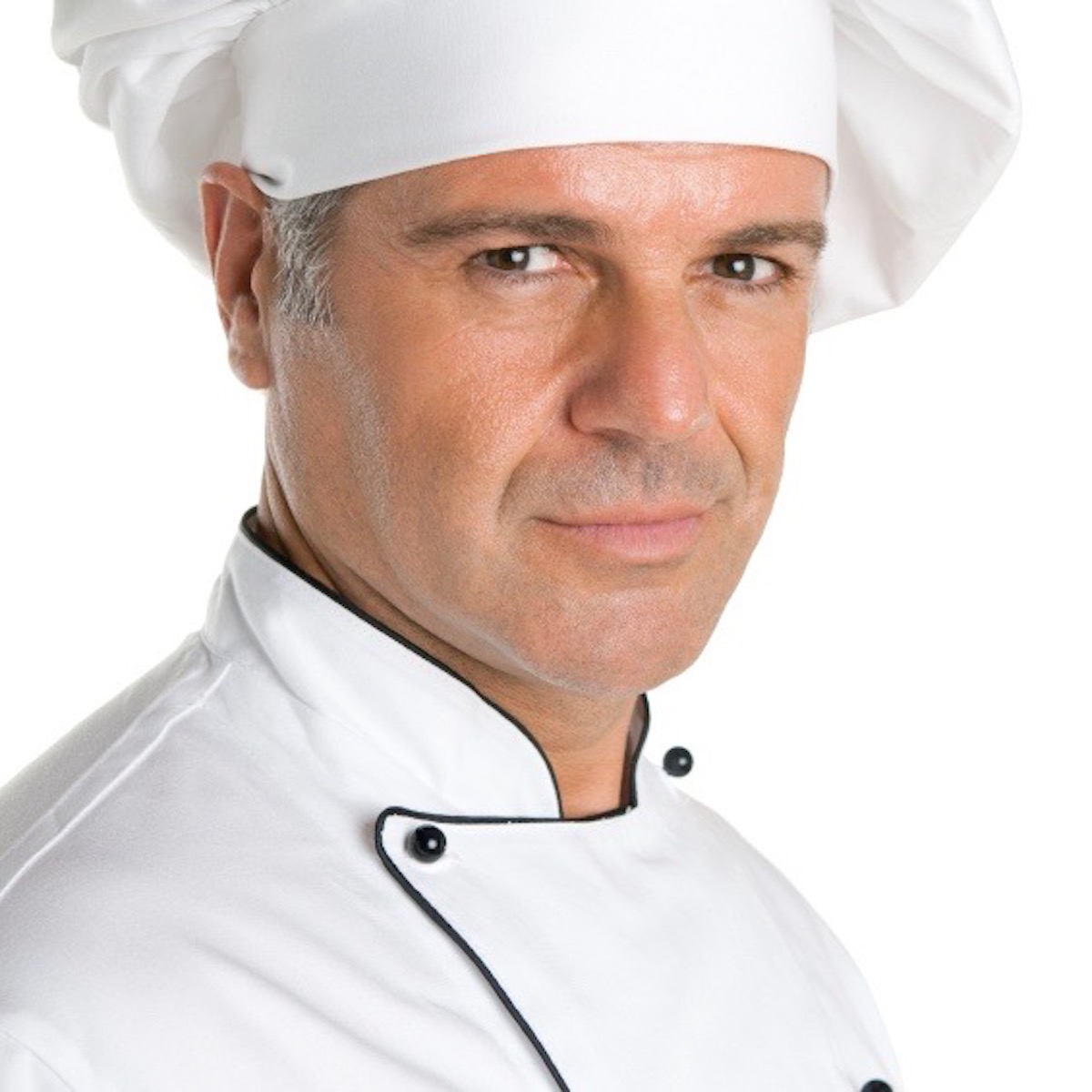Is There A Difference Between a Head Chef and an Executive Chef?
Becoming an Executive Chef takes a lot of work. However, this role offers a comfortable salary and a position of power. You gain respect from line cooks and everyone else in the restaurant.
Consider becoming an executive chef if you have extensive kitchen experience, a culinary-related degree, and the skills to manage a kitchen staff.
The role requires you to be an effective leader, manager, and coordinator. You’ll oversee many people, whether they report directly to you or work under you.
As Executive Chef, you must manage many responsibilities while focusing on customer service and the quality of your restaurant’s food.
Executive Chef, Head Chef, or Chef de Cuisine
The terms “Executive Chef,” “Head Chef,” and “Chef de Cuisine” are often used interchangeably, but there are some differences. The French word “chef” means “chief.”
“Chef de Cuisine” and “Executive Chef” are typically used in larger establishments with multiple locations. Bobby Flay is an Executive Chef who oversees several restaurants, each with its own Chef de Cuisine.
Both of these roles involve leadership. They supervise both the kitchen operations and the public-facing aspects of the restaurant.
“Head Chef” is a title used for similar positions in smaller establishments, often with just one location. These terms are flexible and depend on the size of the restaurant.
Education Requirements of the Executive Chef
There are many paths to becoming an Executive Chef. One option is earning diplomas or certificates from one-year culinary programs. These programs are ideal for entry-level jobs.
An associate’s degree is a step up. It takes two years and includes culinary training and business management experience.
Bachelor’s Degrees require four years of study and provide more in-depth training. These programs also cover business concepts like cost analysis and budgeting.
The most advanced degree is a Master’s Degree, which can focus on business or advanced culinary training.
While not required, a Bachelor’s Degree and practical field experience are recommended for aspiring Executive Chefs. These qualifications prepare you for managing a kitchen and handling advanced hospitality tasks.
Don’t be discouraged if you don’t land an Executive Chef position right after earning your degree. It takes more than just a degree to get there. Many people start as Sous Chefs and work their way up to Executive Chef.
Responsibilities of the Chef de Cuisine
The responsibilities of an Executive Chef can vary slightly, but they generally include the following:
They hire, train, and manage kitchen staff, including cooks and Sous Chefs. They also coordinate all culinary-related tasks.
This includes creating menus suited to the restaurant type, developing recipes, planning prices, and ensuring that the kitchen meets hygiene, sanitation, and safety standards. Additionally, the Executive Chef arranges long-term plans to enhance the overall culinary experience.
The executive chef occasionally prepares special menu items, teaches staff kitchen techniques, or interacts with restaurant patrons. They must also be team players and foster a positive work environment. The Executive Chef promotes positive interactions among workers and welcomes feedback to improve restaurant operations.
They also order food supplies, maintain updated records, and oversee plating design.
Sometimes, the Chef de Cuisine holds a separate position. In this case, the Chef de Cuisine handles daily food operations and reports to the Executive Chef, who manages the administrative side. The Chef de Cuisine is the top leader in the kitchen, overseeing even the Sous Chef.
Expected Salary
In 2014, the median salary for an Executive Chef in the U.S. was $41,610 annually, or about $20.01 per hour. Your salary will depend on several factors, such as the type of restaurant, location, economy, and your experience and education. A degree from a reputable culinary arts program may lead to a higher salary.
There were 127,500 positions in 2014, with the job outlook growing by 9% over the next ten years, faster than most other occupations. However, competition will be toughest for high-paying jobs in top restaurants, casinos, and hotels.
Where to Start
To pursue this career, start by attending culinary school. A 4-year degree in Culinary Arts prepares you for this demanding, competitive field.
Experience is also crucial. The role requires a wide range of skills, so hands-on experience in various kitchen areas is essential.
Becoming an Executive Chef doesn’t usually happen overnight. Most people start in entry-level roles, like Sauté Chef or Pastry Chef, then move up to Sous Chef before reaching the top position.
Executive Chefs often manage multiple restaurants, and this responsibility is typically given to those with years of experience in the culinary field.
*Bureau of Labor Statistics (BSL)
Sources:
- http://www.culinaryschools.org/chef-types/executive-chefs/
- http://www.bls.gov/ooh/food-preparation-and-serving/chefs-and-head-cooks.htm
- http://www.chowhound.com/post/chef-ly-terms-define-352857?page=2













One Response
Very very nice,i couldnt find better than this.